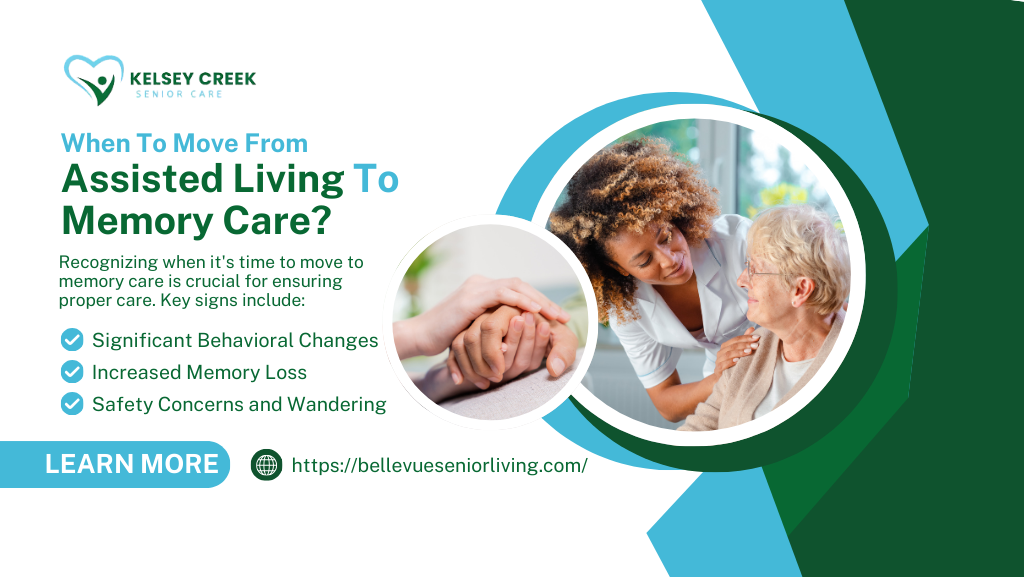High-Quality Care Plans Gave With Alzheimers Care Charlotte Centers
High-Quality Care Plans Gave With Alzheimers Care Charlotte Centers
Blog Article
Producing a Safe and Encouraging Environment for Alzheimer's Treatment
The production of a helpful and safe environment for individuals with Alzheimer's is paramount in improving their lifestyle. This involves not just physical adaptations within the home, such as lessening dangers and integrating familiar aspects, yet additionally the application of structured regimens and significant tasks that deal with their cognitive needs. Moreover, recognizing the psychological and mental dimensions of treatment can considerably influence their complacency and link. Exploring these multifaceted techniques can reveal critical understandings right into efficient caregiving approaches that may transform the everyday experiences of both people and caregivers.
Recognizing Alzheimer's Demands
Often, individuals with Alzheimer's condition display a variety of needs that call for customized techniques to care. As the condition proceeds, cognitive decline shows up in various ways, affecting memory, thinking, and even the capacity to execute daily activities. Caregivers need to acknowledge these advancing requirements to provide proper assistance and guarantee a higher top quality of life for those influenced.
One important element of recognizing Alzheimer's needs is acknowledging the relevance of regular and knowledge. Individuals frequently locate convenience in well established patterns, which can decrease anxiousness and confusion. Caretakers should aim to develop structured daily timetables that integrate meaningful activities straightened with the person's capacities and rate of interests.
Furthermore, effective communication is extremely important. Individuals with Alzheimer's may have a hard time to express themselves or comprehend complex language. Caregivers need to utilize straightforward, clear language, use non-verbal signs, and practice energetic listening to foster understanding and connection.
Caretakers need to urge engagement in area activities or family members celebrations, promoting a feeling of belonging and purpose. Recognizing these diverse needs is necessary for developing a helpful treatment atmosphere.
Creating a Safe Home
Developing a risk-free home for people with Alzheimer's condition is vital to decreasing threats and promoting freedom. The layout of the space must prioritize safety and security while permitting personal convenience. First, get rid of potential dangers such as loose carpets, sharp things, and mess, which can cause falls or mishaps. Ensure that pathways are clear and well-lit, as appropriate lighting reduces disorientation and boosts mobility.
Integrating flexible features is additionally essential. Install grab bars in washrooms and near staircases, and consider making use of non-slip mats in wet locations. Additionally, using contrasting colors for walls and floorings can assist in identifying spaces, helping to alleviate complication.
Experience is essential for individuals with Alzheimer's. Personalizing the setting with acquainted things and pictures can reinforce a sense of belonging and safety - Alzheimers Care Charlotte. It is also advantageous to have actually an assigned location for daily activities, such as reading or crafting, which can give structure to their day
Finally, applying a protected outside area enables secure exploration while attaching with nature. By attentively creating the home atmosphere, caregivers can substantially boost the lifestyle for individuals dealing with Alzheimer's illness.
Enhancing Interaction Abilities

Non-verbal communication, consisting of faces, motions, and touch, plays a vital duty in conveying empathy and understanding. Keeping eye contact and a calm disposition can boost the convenience degree of the individual, promoting a feeling of security.
Furthermore, it is very important to exercise active listening. This includes being totally existing, revealing patience, and allowing the person to reveal themselves without disturbance. Rep may be necessary; caretakers need to be prepared to review topics or concerns, as individuals with Alzheimer's may struggle with memory recall.
Additionally, using aesthetic aids or hints, such as photographs or familiar things, can promote recognition and involvement. Ultimately, improving communication skills is about developing depend on and producing an atmosphere where people really feel heard, valued, and comprehended, consequently enriching their high quality of life.
Encouraging Social Communication
Promoting meaningful social interactions can significantly enhance the health of people with Alzheimer's condition. Engaging with others not only aids fight feelings of seclusion yet also stimulates cognitive function and psychological wellness. Structured social activities, such as group crafts, arts and games, or songs treatment, create chances for residents to connect with peers and caregivers, which can lead to enhanced mood and minimized stress and anxiety.
Creating a welcoming setting that motivates socialization is essential. This can be accomplished by arranging communal areas that facilitate communication, such as relaxing seating areas or task areas. Additionally, including culturally pertinent and acquainted activities can spark memories and motivate involvement, allowing individuals with Alzheimer's to feel even more connected to their past experiences.
In addition, caregivers ought to be trained to identify and advertise social involvement among homeowners. By focusing on social interaction, we can substantially improve the lives of those living with Alzheimer's, promoting a sense of our website community and belonging.
Sustaining Caregiver Wellness

To support caretakers, companies need to provide normal training and instructional sources to improve their understanding of Alzheimer's disease and caregiving methods. Offering access to break care services enables caregivers to take essential breaks, minimizing stress and anxiety and exhaustion - Alzheimers Care Charlotte. In addition, promoting an area via assistance teams can help with psychological sharing and the exchange of functional guidance amongst caretakers, producing a network of mutual support
Psychological health resources, such as counseling services, can additionally be essential in attending to the psychological toll caregiving can take. By prioritizing caretaker wellness, we produce a more sustainable caregiving environment that not just profits the caregivers themselves yet likewise improves the total top quality of care gotten by people with Alzheimer's. Inevitably, supporting caretakers is an important component in promoting a reliable and This Site thoughtful care setup.
Conclusion
In final thought, the creation of a supportive and safe setting for people with Alzheimer's is vital to enhancing their lifestyle. By prioritizing safety with thoughtful style, cultivating emotional health with familiar elements, and advertising involvement with structured routines, caretakers can considerably affect the overall experience of those affected by this problem. Moreover, supporting caretaker well-being is essential, as it ultimately contributes to a much more compassionate and effective care atmosphere.
Repeating might be required; caregivers must be prepared to review topics or questions, as people with Alzheimer's may battle with memory recall.

Report this page